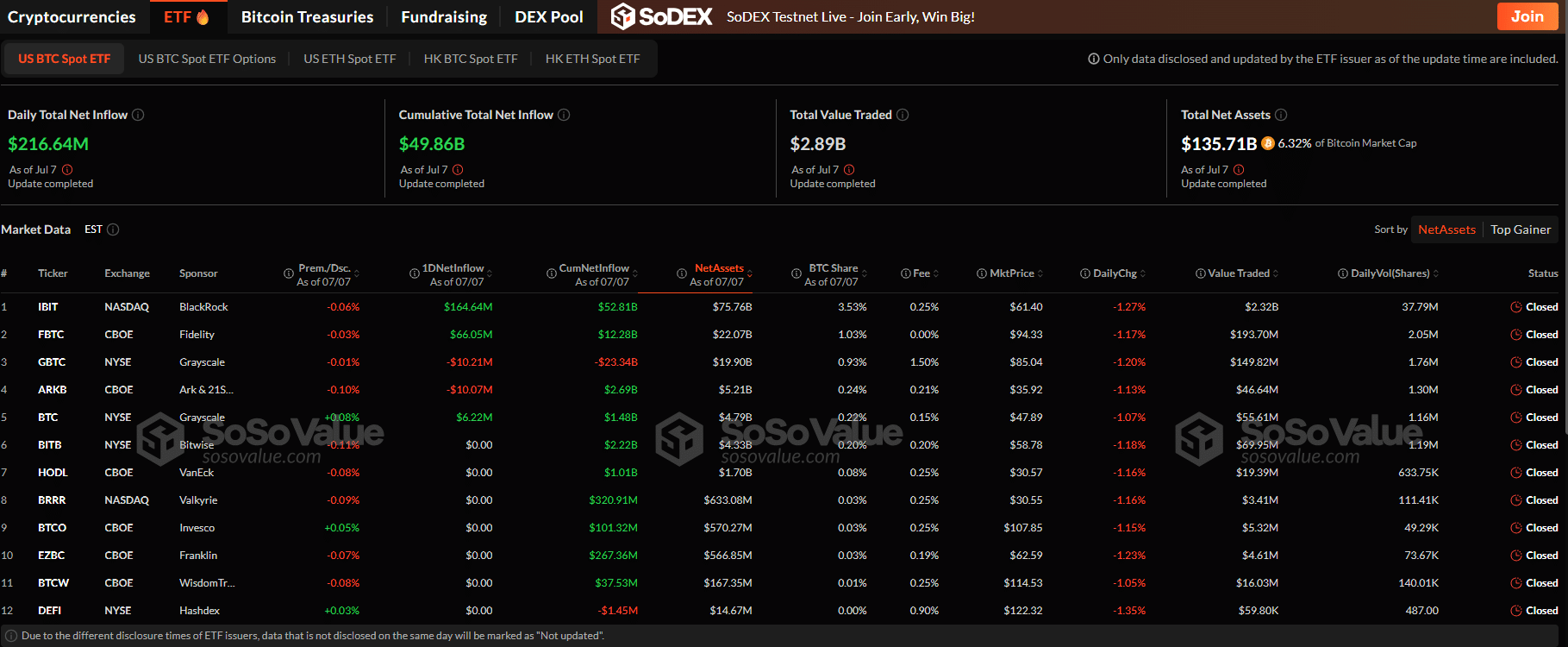
Lenders have at all times confronted some degree of uncertainty, however the previous few years have really put the business to the take a look at. Whereas many have enhanced their programs with new enabling applied sciences, there are nonetheless a lot of uncertainties– together with inflated earnings attributable to Covid reduction funds and elevated spending energy because of a pupil mortgage reimbursement pause– that create confusion within the underwriting course of.
We spoke with PayNearMe’s Senior Director of Gross sales Jill Bohlken for some perception into how right now’s lending setting has modified and what we are able to anticipate to see going ahead into this 12 months.
Describe the present lending setting and the way it has modified over the previous few years.
Jill Bohlken: In a single phrase, the present lending setting is unpredictable. A variety of converging market forces are inflicting some uncertainty amongst lenders, retailers, and debtors alike.
We now have client costs persevering with to rise, resulting in much less disposable earnings and extra borrowing by shoppers to cowl prices. Based on the New York Fed’s Q3 report, households final 12 months elevated debt on the quickest tempo in 15 years, and bank card balances collectively rose greater than 15%.
In the meantime, seven rate of interest will increase led to decrease margins for lenders on the identical time they face elevated competitors to draw new clients.
Exterior forces like provide chain disruptions proceed to inhibit some lending markets, equivalent to auto. And rising developments equivalent to longer mortgage phrases (upwards of seven years for an auto mortgage) and immediate financing carry elevated threat of delinquency, prompting lenders to construct reserves and scale back overhead to cowl themselves in case of default.
Are you able to focus on any notable developments or adjustments in client borrowing habits that you’ve got noticed?
Bohlken: Final 12 months, the financial system noticed unprecedented demand for items and providers pushed by a surplus of Covid reduction funds mixed with a scarcity of provide. Extra not too long ago, we’ve seen mortgage demand begin to normalize attributable to inflation and better rates of interest. For billers, managing threat and delinquency is at all times a precedence. Based on Experian, 60-day delinquencies for brand new automobile loans sat at 0.48% by Q3, with used automobile loans at 1.17%.
A extra constructive pattern was the rise in on-line mortgage functions accomplished completely by net and cell units. This self-service innovation improved the pace of transactions and accelerated mortgage approvals, to not point out making the expertise extra handy for shoppers.
What instruments, information, or applied sciences can assist lenders mitigate the chance of default earlier than extending a mortgage?
Bohlken: The increasing use of synthetic intelligence and machine studying to investigate massive swaths of information and produce actionable insights is by far probably the most thrilling software lenders ought to pursue. Funds platforms can feed an information warehouse to retailer transaction information in a single place, then apply machine studying fashions to both a person shopper’s information or aggregated business information to create smarter threat fashions.
As an example, AI can be utilized to investigate cohorts of shoppers utilizing a whole bunch of information factors (zip code, earnings degree, credit score rating, and so on.) and assign the group a threat rating. AI may even usher in information from authorities sources, equivalent to unemployment and GDP stories to make clear threat additional. This analysis helps lenders decide how and the place to search out high-probability, low-risk clients and alter their threat evaluation and advertising and marketing spend accordingly.
How about as soon as the mortgage has already been prolonged?
Bohlken: A funds supplier can assist lenders forestall late or missed funds utilizing a lot of instruments and techniques, equivalent to sending cost reminders by textual content, e mail, or push notification. The supplier can provide a variety of cost channels to permit clients flexibility in how they pay. In instances of power late cost, the supplier can intervene with provides to assist keep away from default, equivalent to versatile reimbursement plans.
What’s particularly thrilling is that AI and ML now make these methods much more efficient. For instance, AI might be skilled to continuously scan funds habits to determine clients who’ve a number of late funds, then mechanically provoke a sequence of engagement messages that transfer the client towards cost. AI may automate options to widespread cost issues. As an example, if a buyer has a number of ACH returns, AI can apply a enterprise rule requiring them to pay with money or card solely.
These automated options save lenders each money and time. Not solely does the AI circumvent many behaviors that would result in default, however it additionally eliminates the time and labor of manually resolving cost issues.
Trying forward in 2023, will lenders be extra hesitant to increase loans to debtors?
Bohlken: It’s laborious to say with certainty, however demand does stay fervent. Based on a latest Client Pulse examine, one in 4 People plan to hunt new credit score or refinance in 2023. Nonetheless, in accordance with Experian, auto mortgage balances have grown by 7.6%, so lenders might wish to shore in opposition to threat, adjusting the credit score profiles of their clients and trimming back-office budgets to maintain a better degree of reserves.
On the identical time, lenders might lean into the adage, “a chook within the hand is price two within the bush.” Which means placing extra emphasis on servicing current portfolios and maximizing return by decreasing delinquency, decreasing the price to gather, and enhancing working effectivity by automation and optimization.
If lenders in the reduction of on extending loans, the place will the overflow in demand go? Will shoppers flip to payday loans, or will different lenders find a way (and keen) to fill mortgage demand?
Bohlken: In my interactions with many massive lenders I’ve seen that many are decreasing their workforce, a approach of battening down the hatches and right-sizing operations to go well with the precarious lending setting.
By way of client overflow, I see motion in a number of “different” varieties of loans, together with buy-now-pay-later, which breaks funds for a large-ticket merchandise into a number of funds; and buy-here-pay-here, which permits automobile dealerships to behave as each vendor and lender. Each these choices attraction to clients who might have poor credit score and/or restricted choices for securing conventional financing.
Payday loans, alternatively, are dropping their luster after nearly a decade of unhealthy press and heavy regulatory oversight. They nonetheless play an element in some client borrowing, however most shoppers who can discover alternate options will accomplish that to keep away from the heavy rates of interest and charges.
Photograph by Ann H























